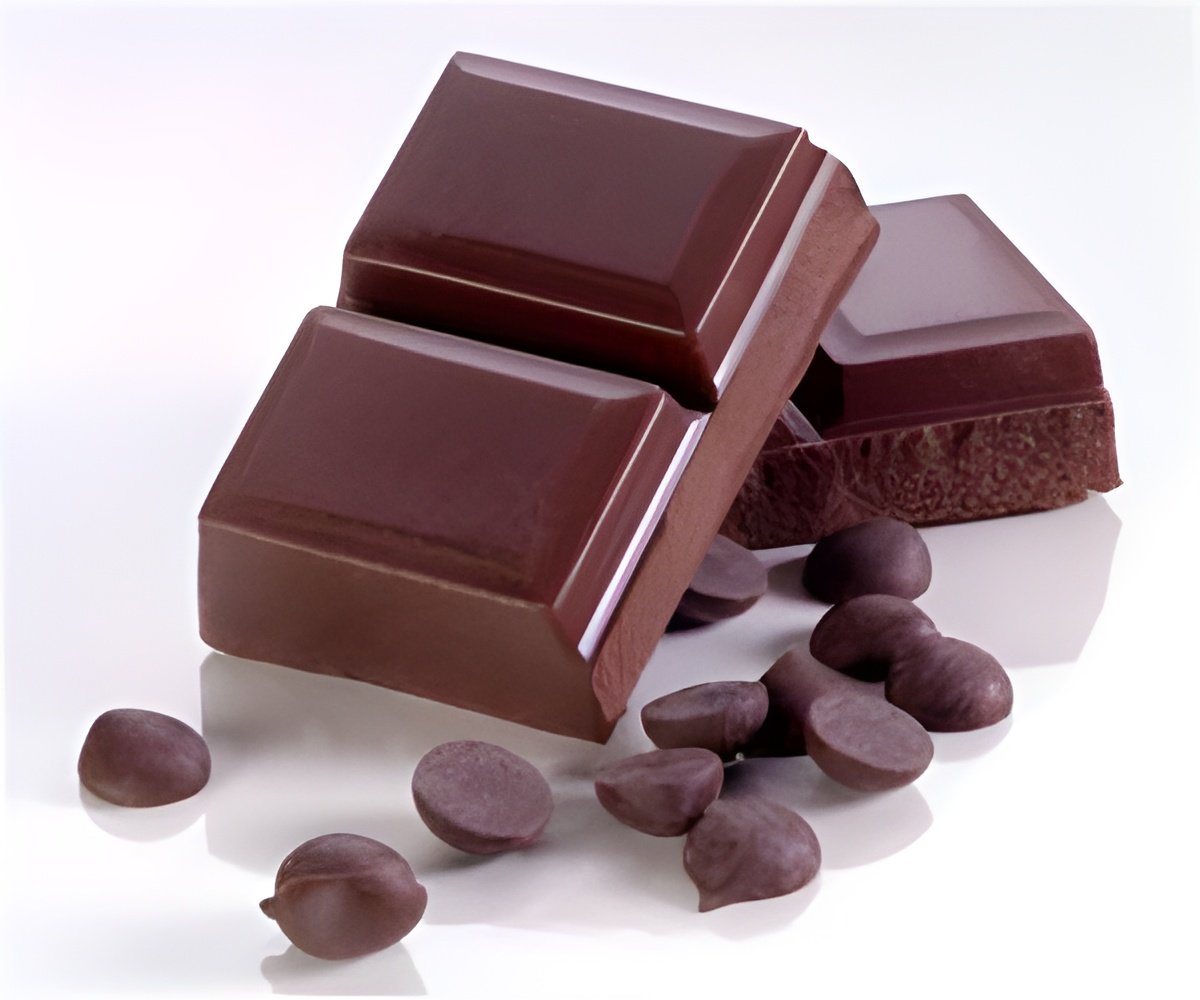Cocoa - the raw material in chocolate can have a protective effect against colon cancer, says study.

The new study headed by scientists from the Institute of Food Science and Technology and Nutrition (ICTAN) supports this idea and upholds that cacao consumption helps to prevent intestinal complaints linked to oxidative stress, such as the onset of chemically induced colon carcinogenesis.
"Being exposed to different poisons in the diet like toxins, mutagens and procarcinogens, the intestinal mucus is very susceptible to pathologies," explained Maria Angeles Martin Arribas, lead author of the study and researcher at ICTAN.
She said "foods like cocoa, which is rich in polyphenols, seems to play an important role in protecting against disease."
The study on rats has for the first time confirmed the potential protection effect that flavonoids in cocoa have against colon cancer onset.
For eight weeks the authors of the study fed the rats with a cocoa-rich diet and carcinogenesis was induced.
Advertisement
The results of the study showed that the rats fed a cocoa-rich diet had a significantly reduced number of aberrant crypts in the colon induced by the carcinogen.
Advertisement
The researchers said that the protection effect of cocoa can stop cell-signalling pathways involved in cell proliferation and, therefore, subsequent neoplasty and tumour formation.
Lastly, the animals fed with the cocoa-rich diet showed an increase in apoptosis or programmed cell death as a chemoprevention mechanism against the development of the carcinogenesis.
Although more research is required to determine what bioactive compounds in cocoa are responsible for such effects, the authors concluded that a cocoa-rich diet seems capable of reducing induced oxidative stress.
It could also have protection properties in the initial stages of colon cancer as it reduces premalignant neoplastic lesion formation.
The finding was recently published in the Molecular Nutrition and Food Research journal.
Source-ANI















